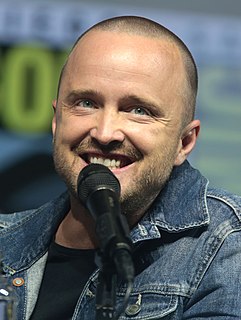A Quote by Liza Weil
Smart writers really take their time in investing in backstories and characters. As a viewer, you have to invest in them and love them before you can chip away at what's going on more on a deeper level with secondary characters.
Related Quotes
The interesting thing about a lot of serialized television is that it's a blessing and curse. Smart writers really take their time in investing in backstories and characters. As a viewer, you have to invest in them and love them before you can chip away at what's going on more on a deeper level with secondary characters.
Instead of locking people up and throwing away the key, it's important to invest in them and show them another way - show them what they can do, instead of telling them what they can't do. Because by investing in youth, we're investing into the future of this great nation of the United States of America.
If you have the personalities down, you understand them and identify with them; you can stick them in any situation and have a pretty good idea of how they're going to respond. Then it's just a matter of sanding and polishing up the jokes. But if you've got more ambiguous characters or stock stereotypes, the plastic comes through and they don't work as well. These two characters clicked for me almost immediately and I feel very comfortable working with them.
I think it's more fun to grow to love characters who are flawed than it is to present perfect characters. Perfect characters aren't very funny. Certainly my friends are a strange, intense bunch of people, and people's families drive them crazy, but challenging relationships are always more rewarding.



































